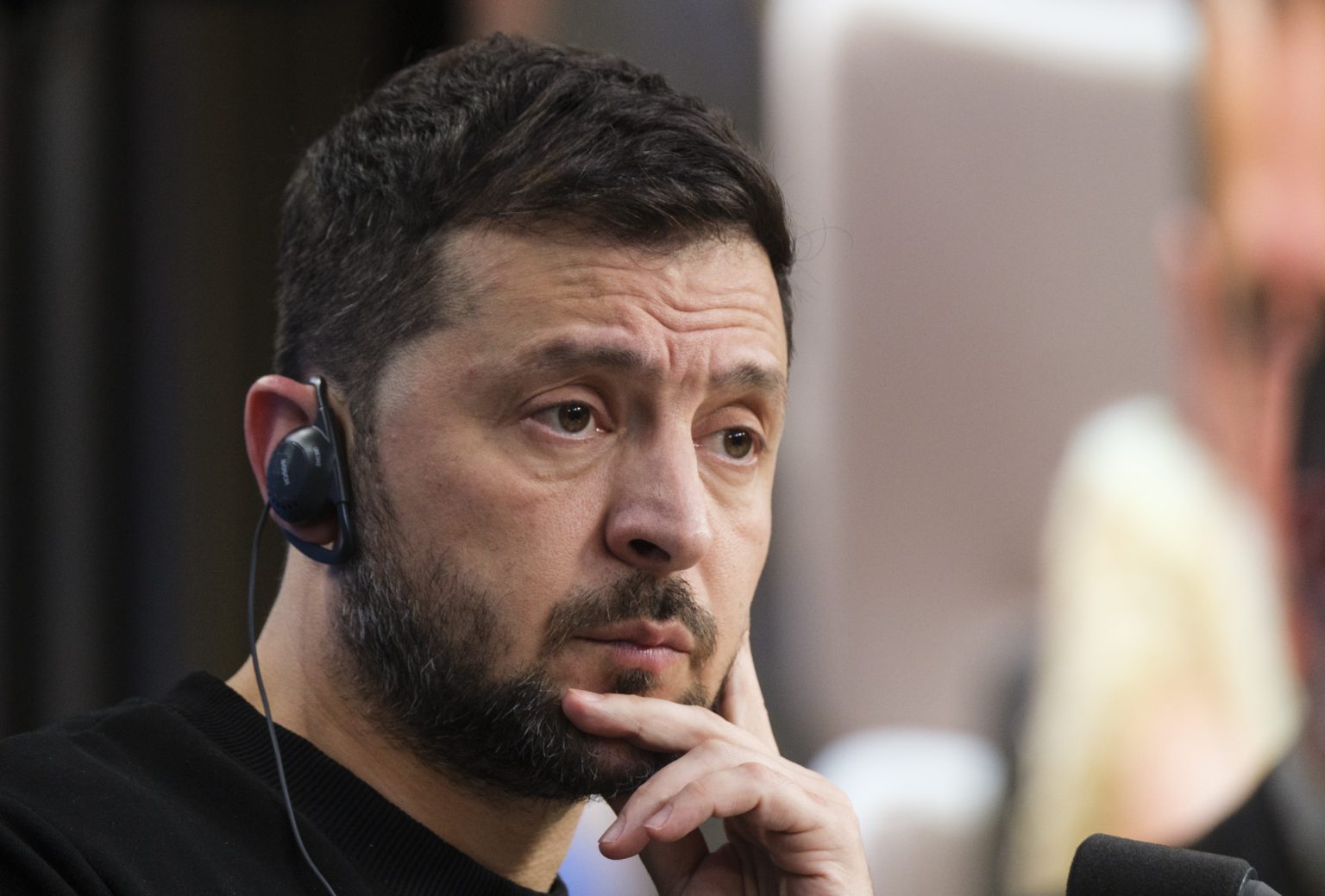Volodymyr Zelensky, the President of Ukraine, expressed deep concern over the potential repercussions of a U.S. withdrawal from NATO under a second Donald Trump presidency. In an interview, Zelensky cautioned that such a move could empower Vladimir Putin to “destroy Europe,” emphasizing the critical role of the U.S. and NATO in deterring Russian aggression. While acknowledging Trump’s deal-making abilities and potential influence on Putin, Zelensky stressed the need for robust security guarantees for Ukraine, primarily from the United States, to ensure a lasting peace. He argued that without continued U.S. involvement, Putin would not only resume his assault on Ukraine but also destabilize the surrounding region.
Zelensky’s warning stems from Trump’s past criticism of NATO and reported private expressions of a desire to withdraw the U.S. from the alliance during his first term. This history, coupled with Trump’s repeated pledges to quickly end the war in Ukraine, has fueled uncertainty about the future of U.S. support for Kyiv. While Trump has responded favorably to the idea of Western peacekeepers in Ukraine, Zelensky insists on concrete security guarantees involving the U.S. to prevent further Russian aggression. He believes that Trump’s perceived strength and Putin’s purported fear of him could be leveraged to pressure Russia into ending the conflict.
The crux of Zelensky’s argument lies in the perceived deterrent effect of U.S. involvement, particularly through NATO. He contends that the alliance’s collective security framework, backed by the military might of the United States, is crucial to containing Putin’s ambitions. A U.S. withdrawal, in Zelensky’s view, would embolden Putin, removing a significant obstacle to his expansionist goals. This, he warns, could lead to a wider conflict engulfing Europe, not just Ukraine.
Trump’s stance on NATO and Ukraine remains ambiguous. While he has previously criticized the alliance for allegedly taking advantage of the U.S. and pushed for increased military spending from member states, he has not definitively stated his intentions regarding the alliance in a second term. Similarly, his policy on Ukraine remains unclear, raising questions about the continuation of U.S. military aid, currently Kyiv’s largest source of support. His past comments, coupled with his stated desire for a swift resolution to the war, create uncertainty about how he would balance these potentially conflicting priorities.
The potential tension between Trump’s NATO skepticism and the need for security guarantees for Ukraine forms a central challenge for his prospective second term. Zelensky’s warning highlights the high stakes involved in this balancing act. The future stability of Europe, according to Zelensky, hinges on continued U.S. engagement and the preservation of NATO’s deterrent power. How Trump navigates these complex issues will significantly impact not only the outcome of the war in Ukraine but also the broader geopolitical landscape.
Looking ahead, the question remains how Trump will reconcile his past criticism of NATO with the need for the alliance to play a central role in securing peace in Ukraine. His pronouncements during the upcoming presidential transition period will be closely scrutinized for clues about his intended approach. The world will be watching to see whether he prioritizes his previous criticisms of the alliance or embraces its role in maintaining stability and deterring further Russian aggression in Europe. The implications of his decisions will be profound and far-reaching.

